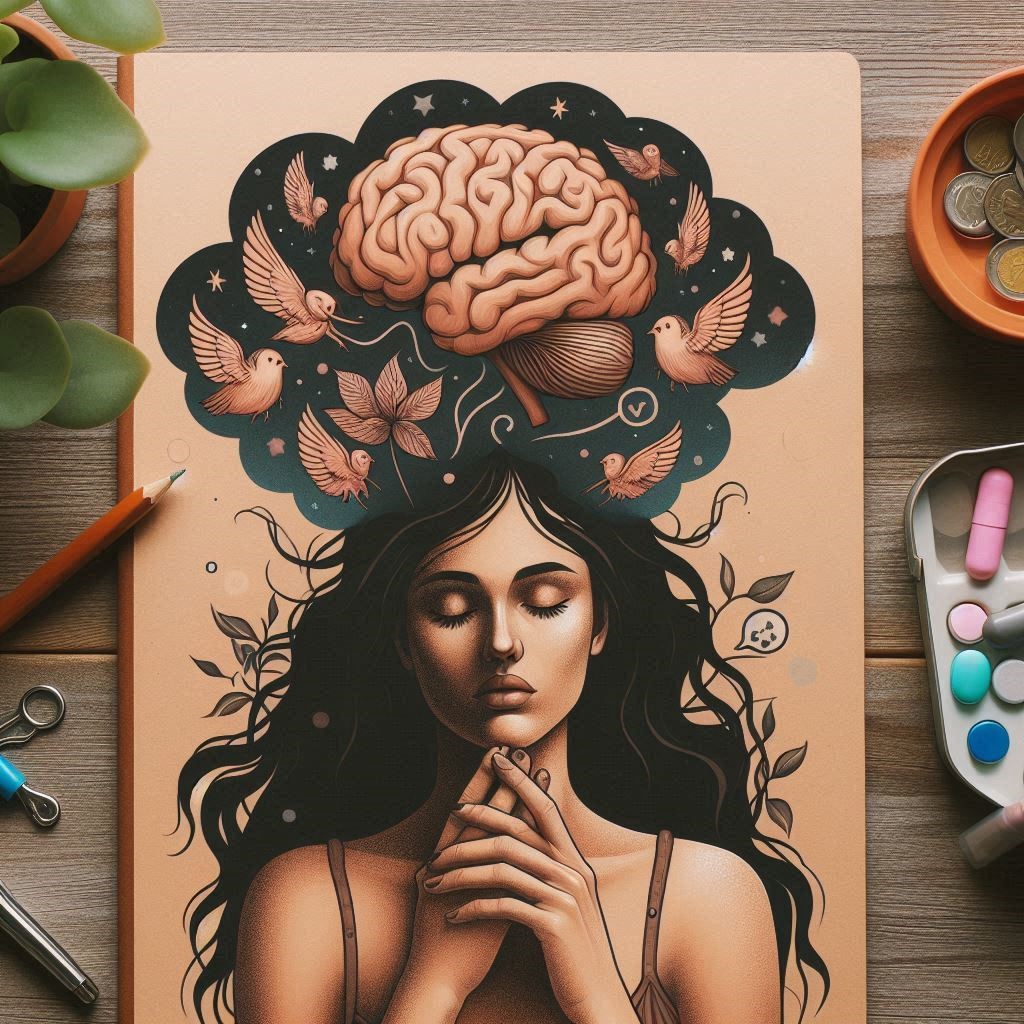Your cart is currently empty!

Common Misconceptions of Mental Health and How We Can Address the Associated Stigma:
Common Misconceptions of Mental Health and How We Can Address the Associated Stigma: 
Welcome to our mental health blog! Today, we’re diving into the topic of common misconceptions about mental health and how to address the stigma surrounding it.
Common Misconceptions
- Mental Health Issues Are Rare:
- Reality: Mental health conditions are widespread. According to the World Health Organization, one in four people will experience a mental health condition at some point in their lives.
- Mental Illness Equals Weakness:
- Reality: Mental health conditions are not a sign of personal weakness. They are complex medical conditions influenced by genetics, biology, environment, and life experiences.
- It’s All in Your Head:
- Reality: Mental health issues are real and can have profound effects on a person’s life. They require proper treatment, just like physical health conditions.
- Therapy Is Only for ‘Crazy’ People:
- Reality: Therapy can benefit anyone, regardless of whether they have a diagnosed condition. It provides a safe space to explore thoughts and feelings and develop coping strategies.
- Medication Changes Who You Are:
- Reality: Psychiatric medications help manage symptoms and improve quality of life. They do not change a person’s fundamental personality.
- Children and Teens Don’t Experience Mental Health Issues:
- Reality: Mental health challenges can affect individuals of all ages. Early intervention is crucial for better outcomes.
- Mental Illnesses Are Permanent:
- Reality: Many people recover or manage their symptoms effectively with the right treatment and support.
- You Can Always Tell When Someone Is Struggling:
- Reality: Mental health conditions are often invisible. People can appear to be functioning well while struggling internally.
- Mental Health Only Affects Women
- Reality: Mental health issues can affect individuals of all genders. Men, women, and non-binary people all experience mental health challenges.
Addressing the Stigma
- Education and Awareness: Increasing awareness about mental health can dispel myths and promote understanding. Sharing accurate information and personal stories can help break down barriers.
- Language Matters: Avoiding stigmatizing language (e.g., “crazy,” “insane”) and using respectful terms (e.g., “person with depression”) can change how we think and talk about mental health.
- Promoting Empathy and Compassion: Encouraging empathy and compassion towards individuals with mental health conditions fosters a supportive environment where people feel safe seeking help.
- Encouraging Open Conversations: Creating spaces for open and honest discussions about mental health can normalize the topic and reduce feelings of isolation.
- Support Systems: Building strong support systems, including friends, family, and professional help, can provide crucial assistance to those facing mental health challenges.
- Advocacy and Policy Change: Supporting policies that promote mental health care access and protect the rights of individuals with mental health conditions can lead to systemic change.
Thank you for joining us on this journey to promote mental well-being and breaking the stigma. Stay tuned for more insights, tips, and stories on our mental health blog!
